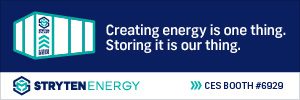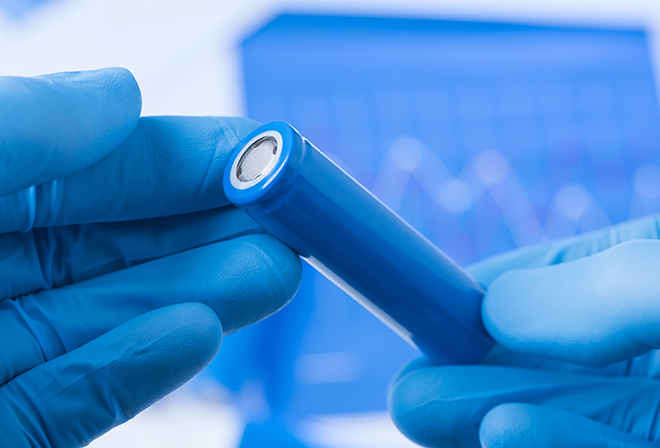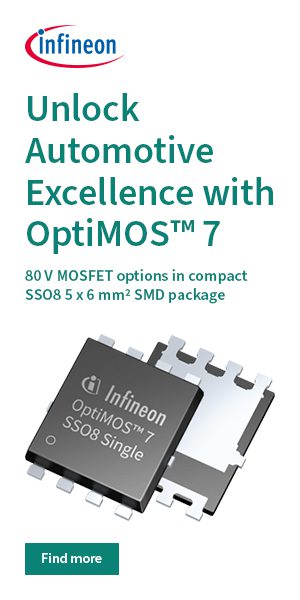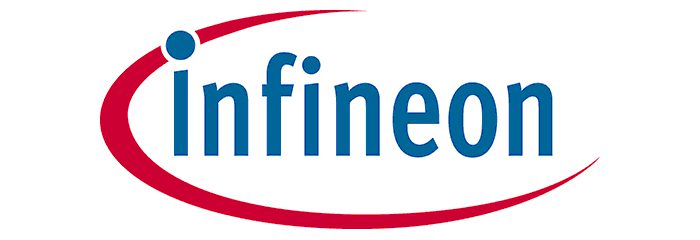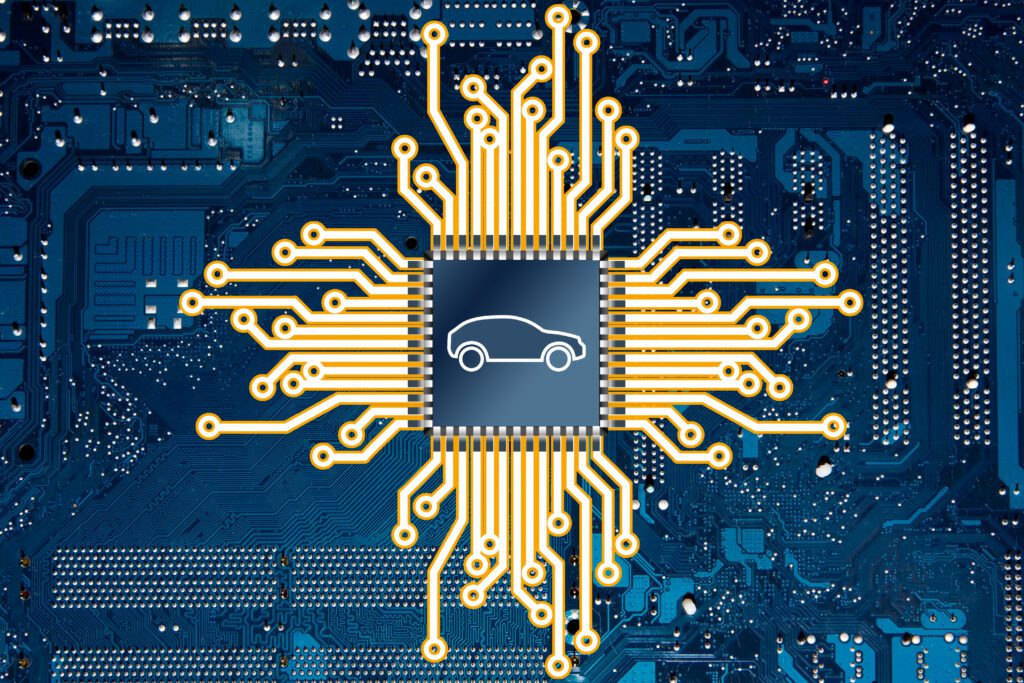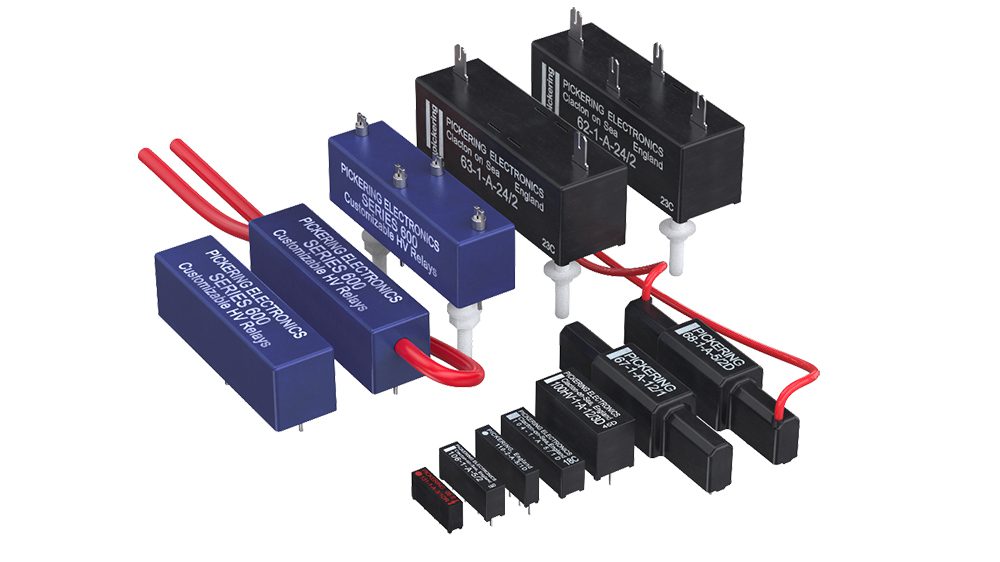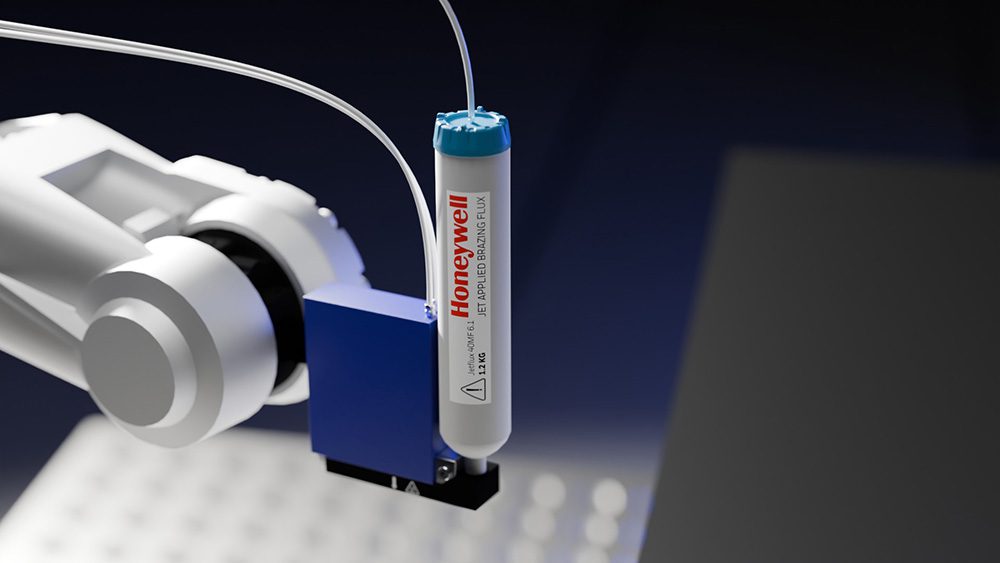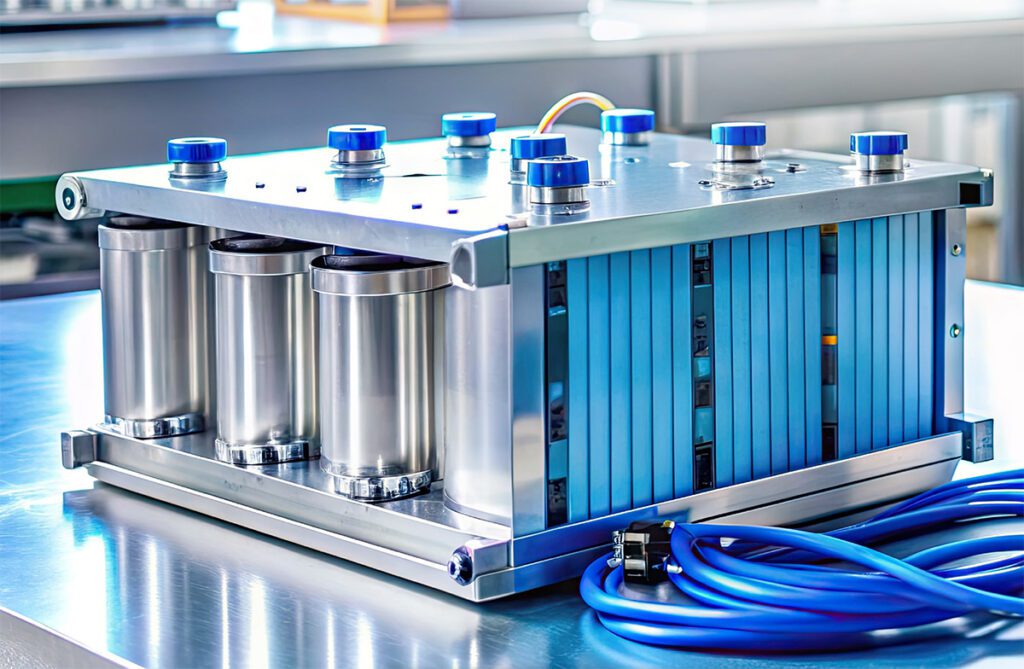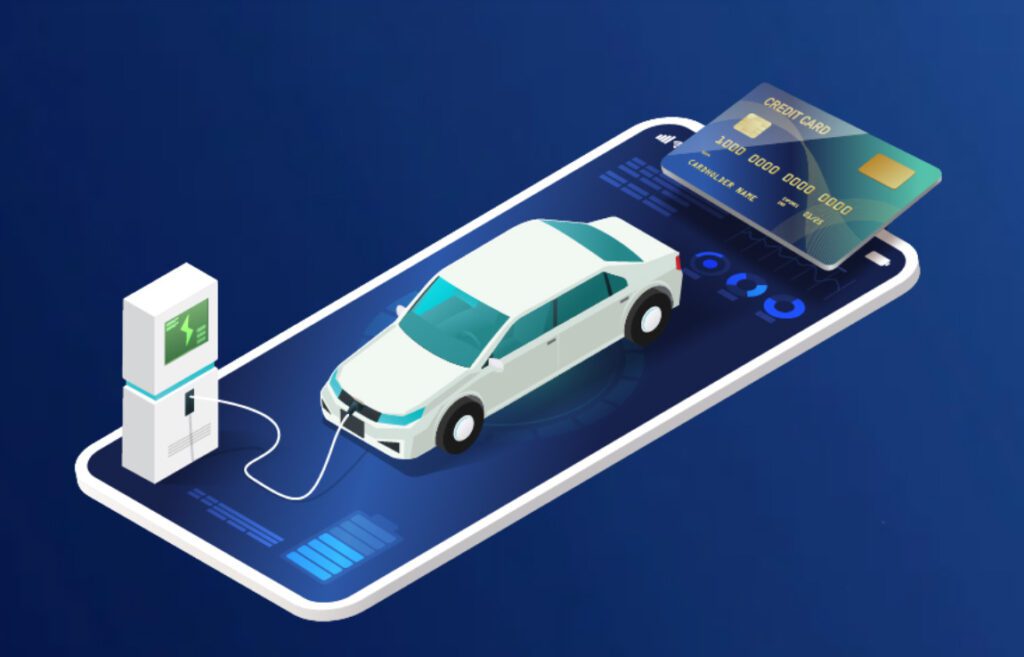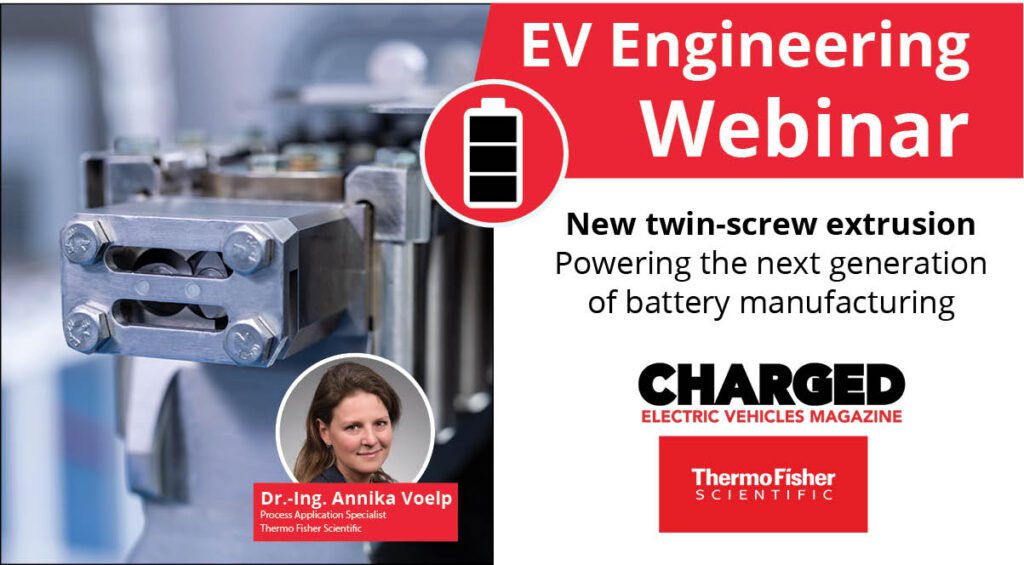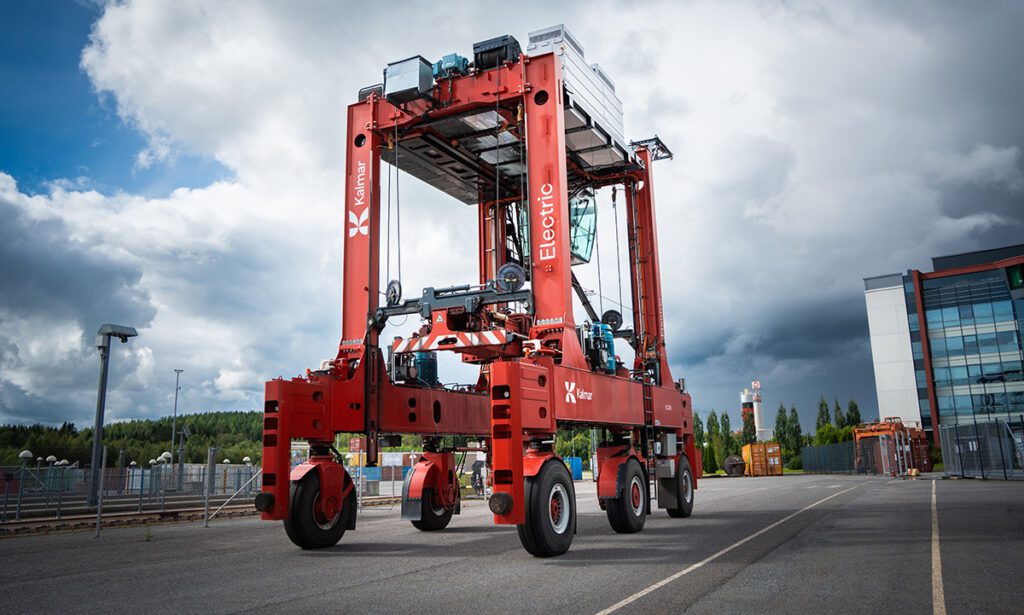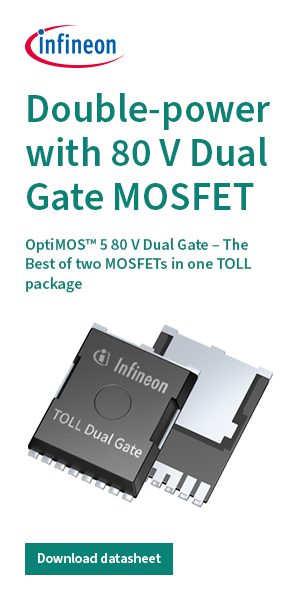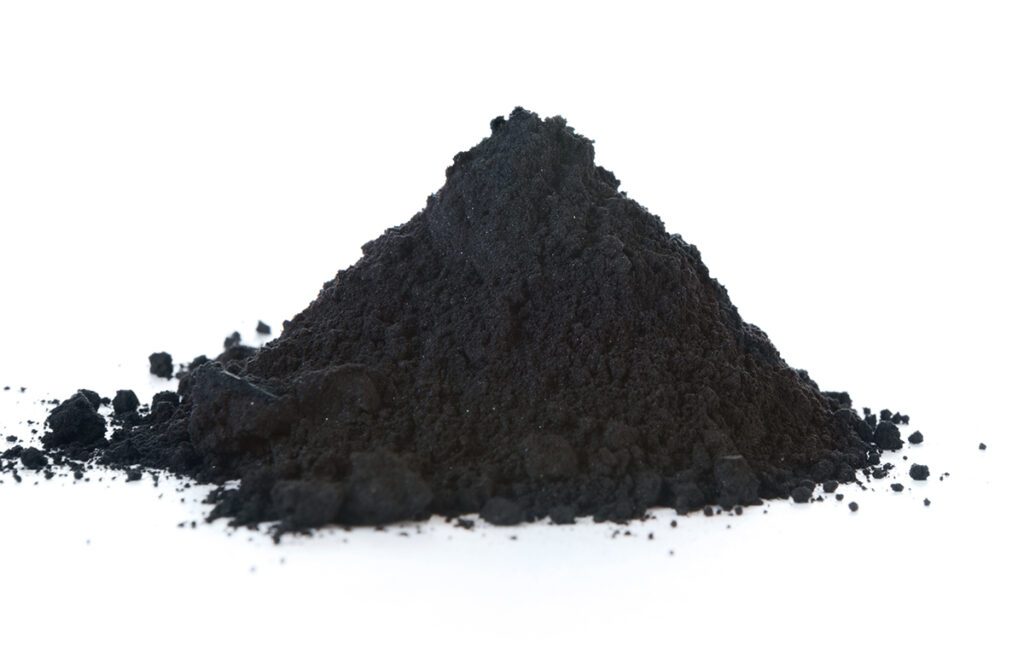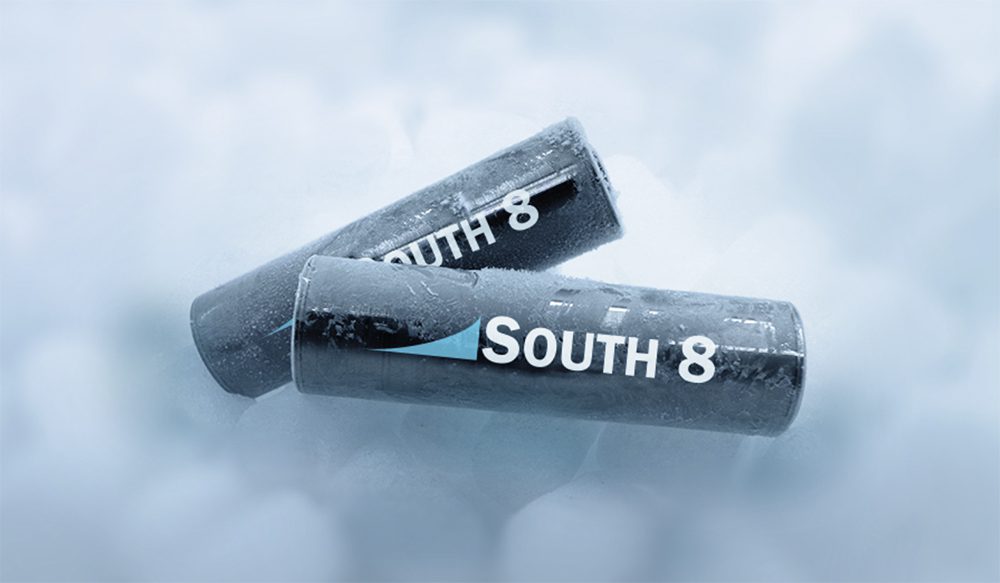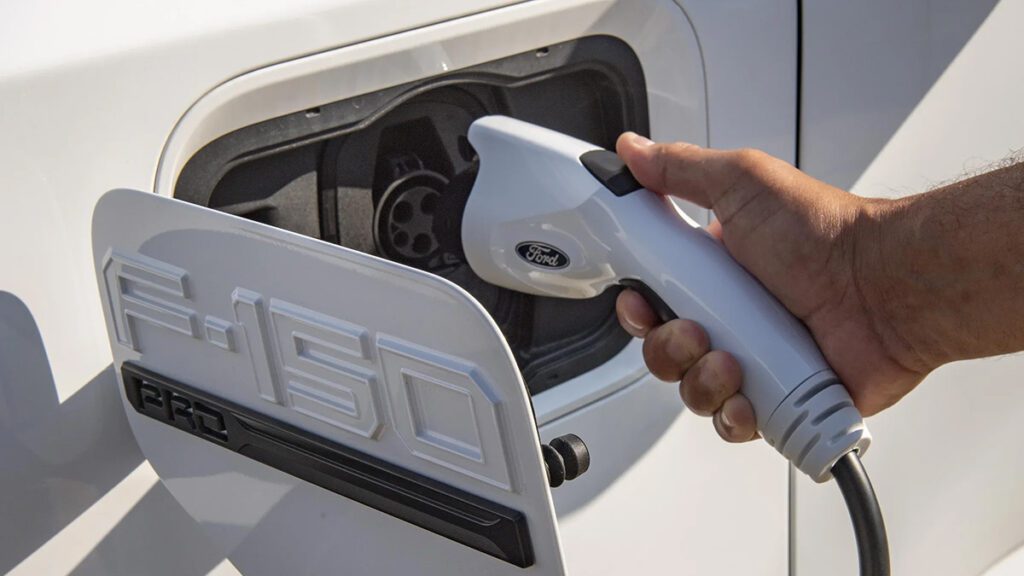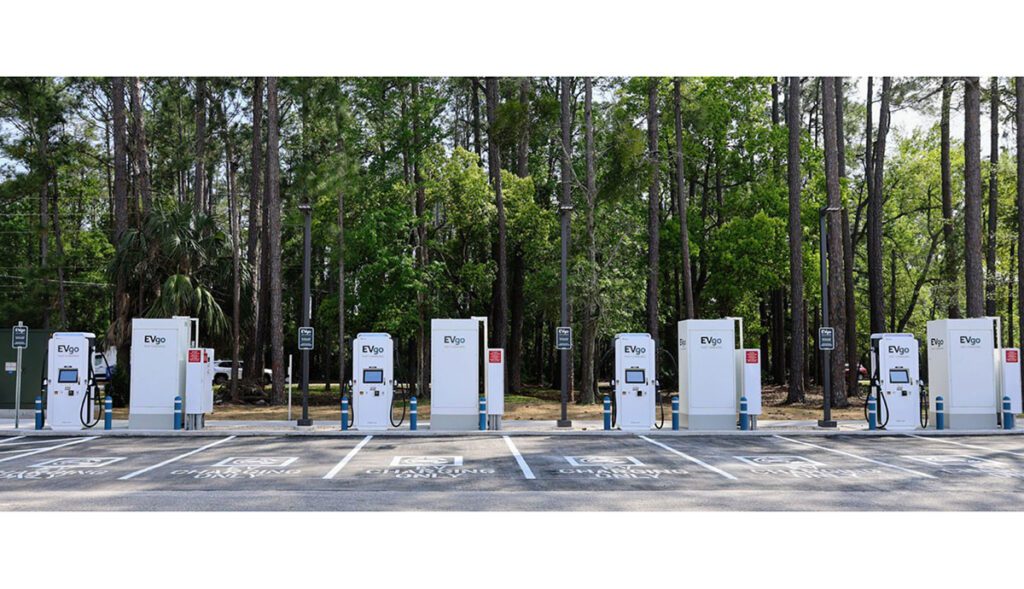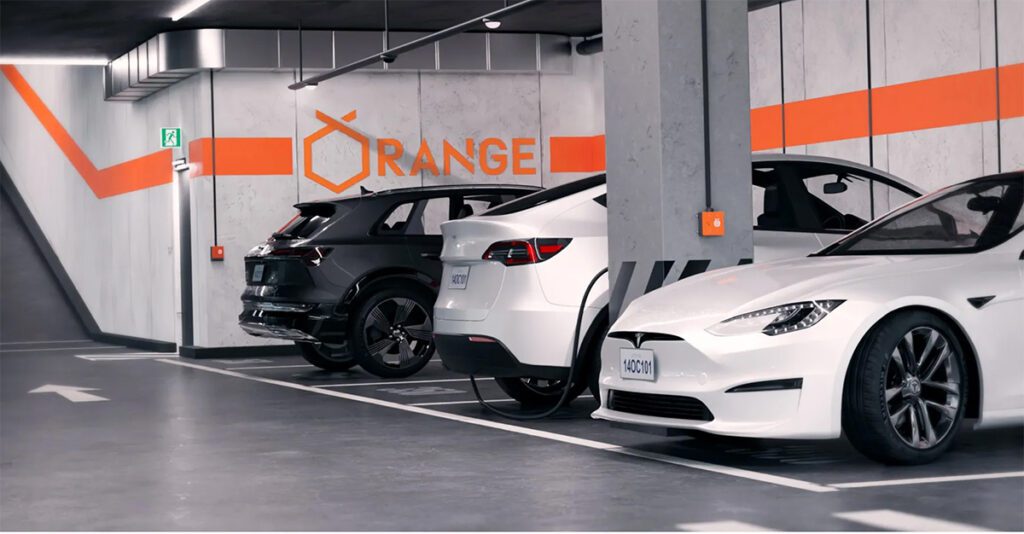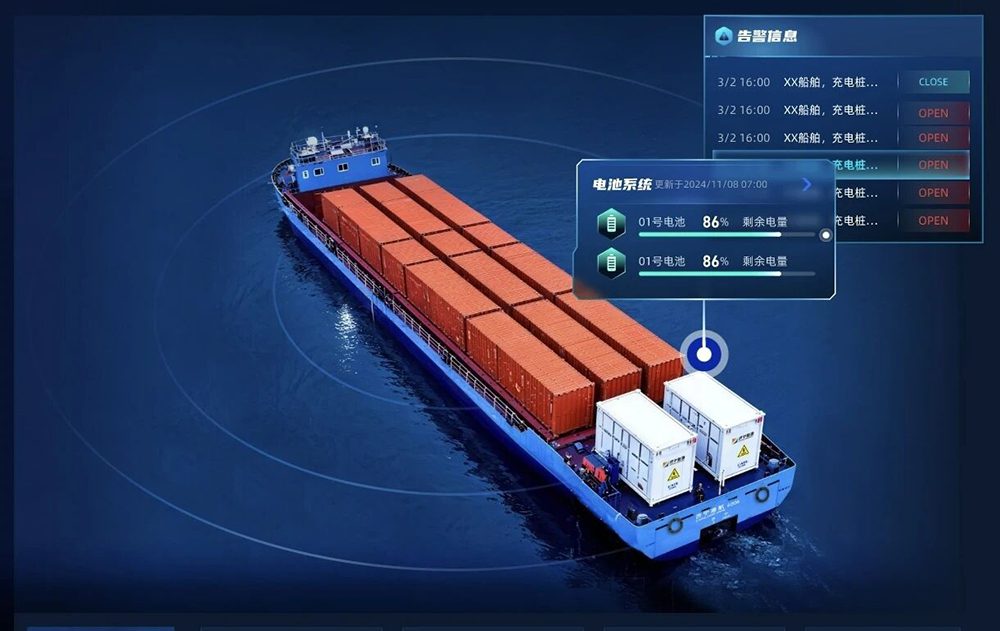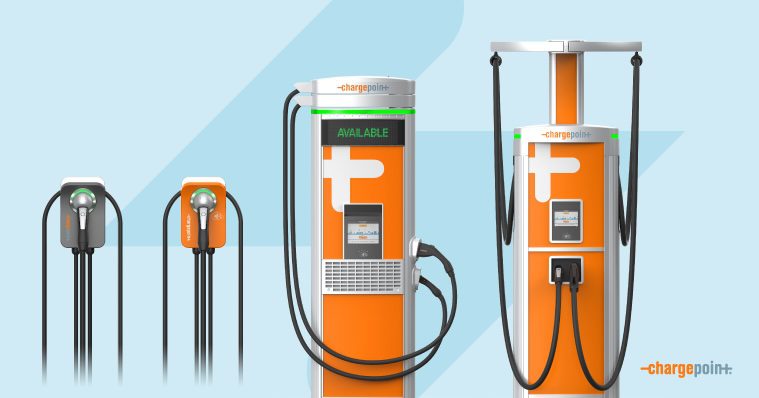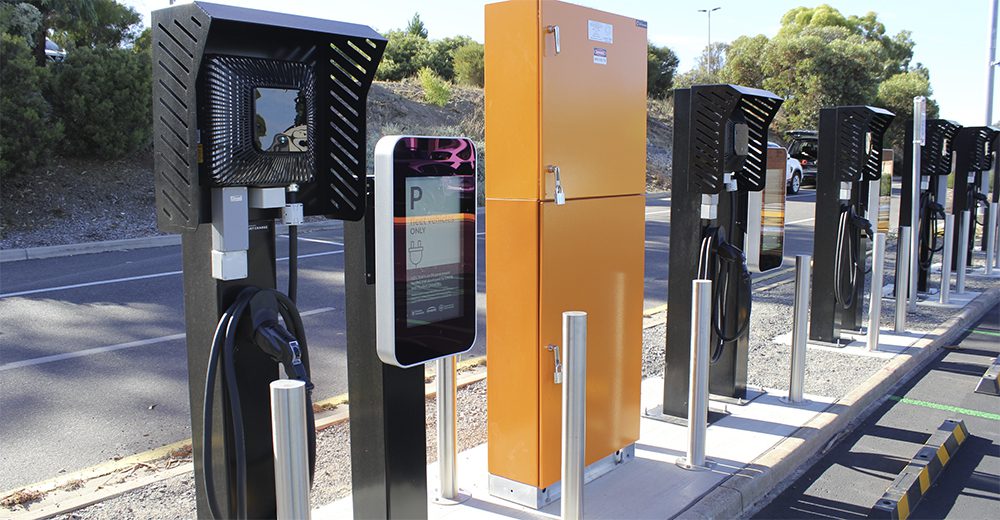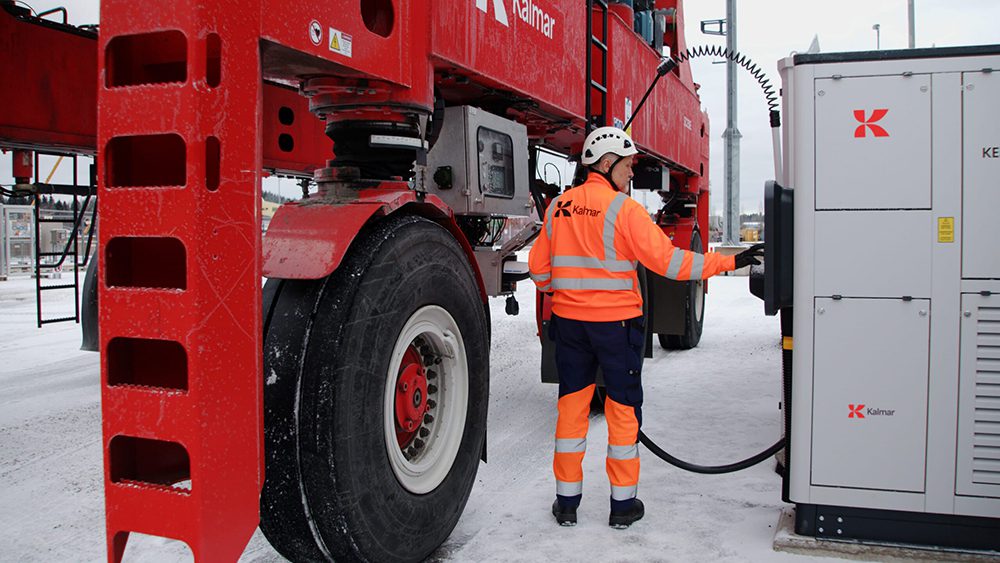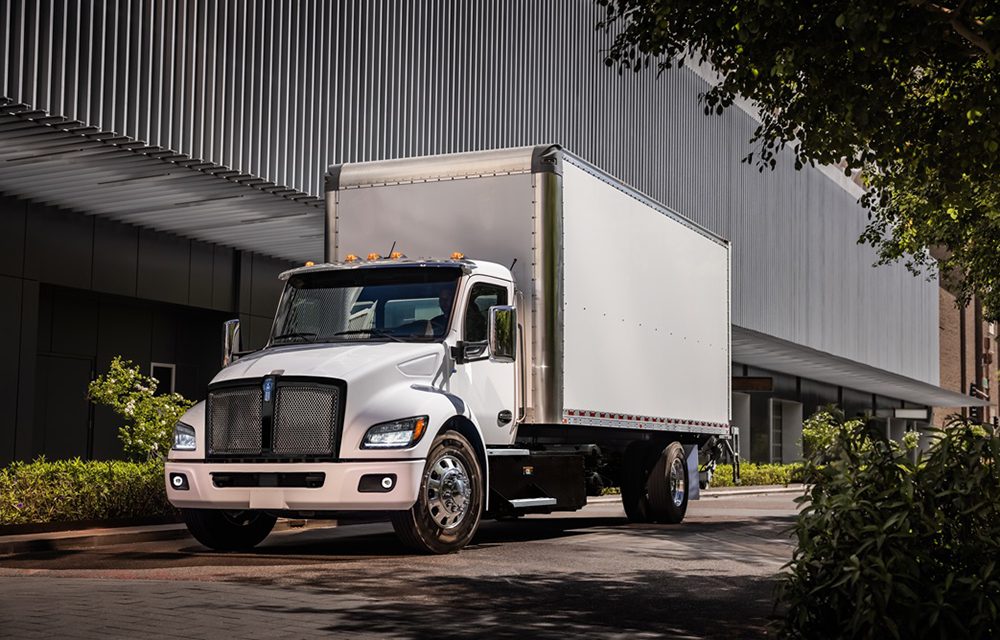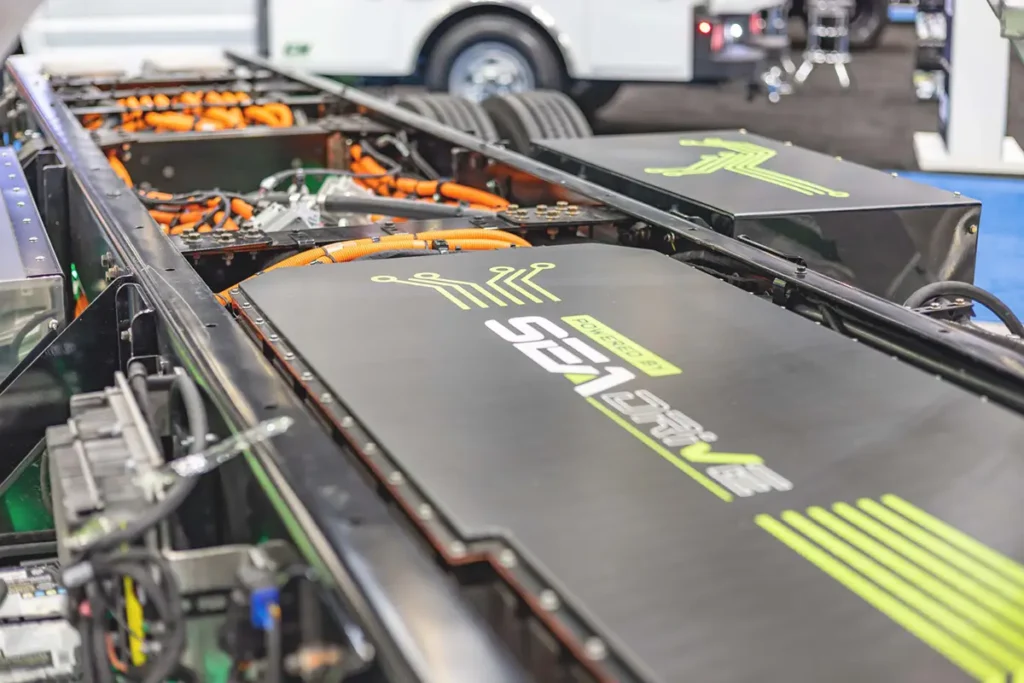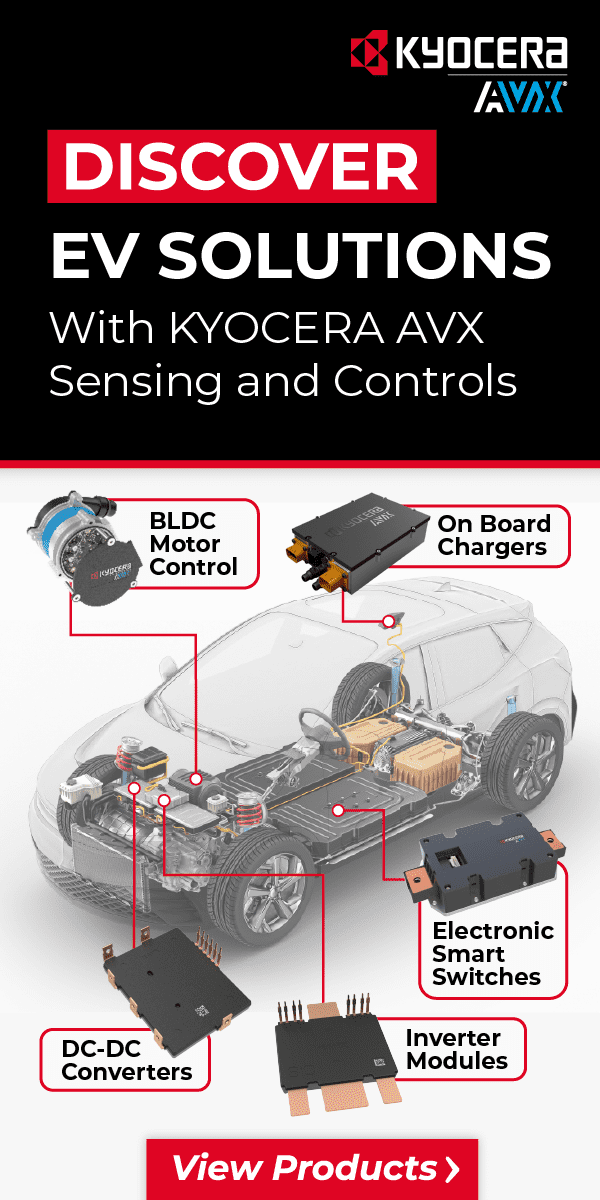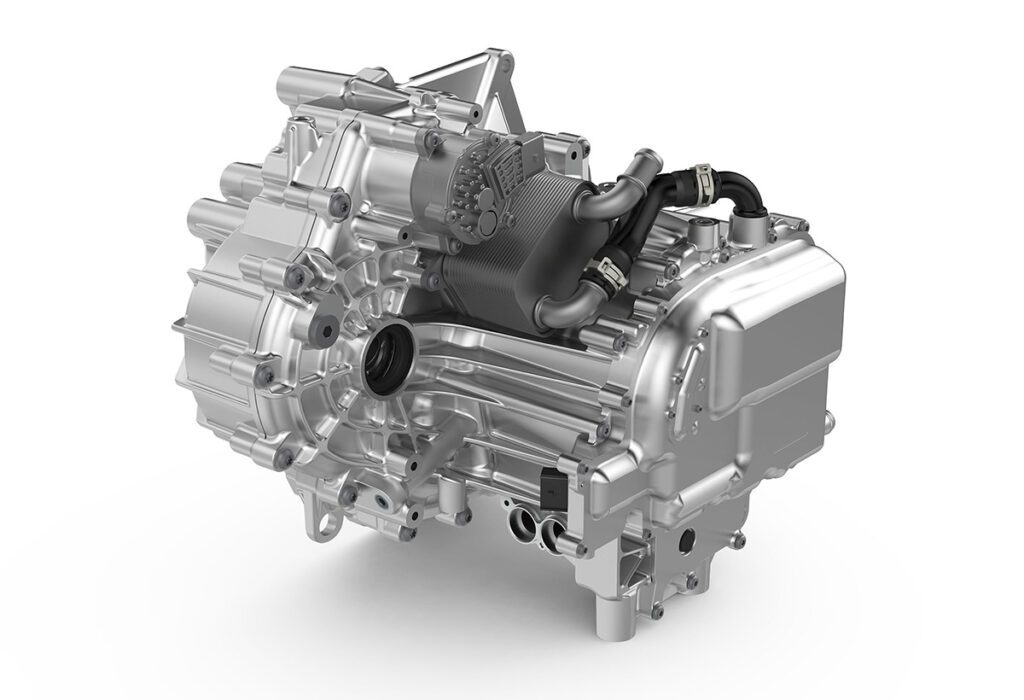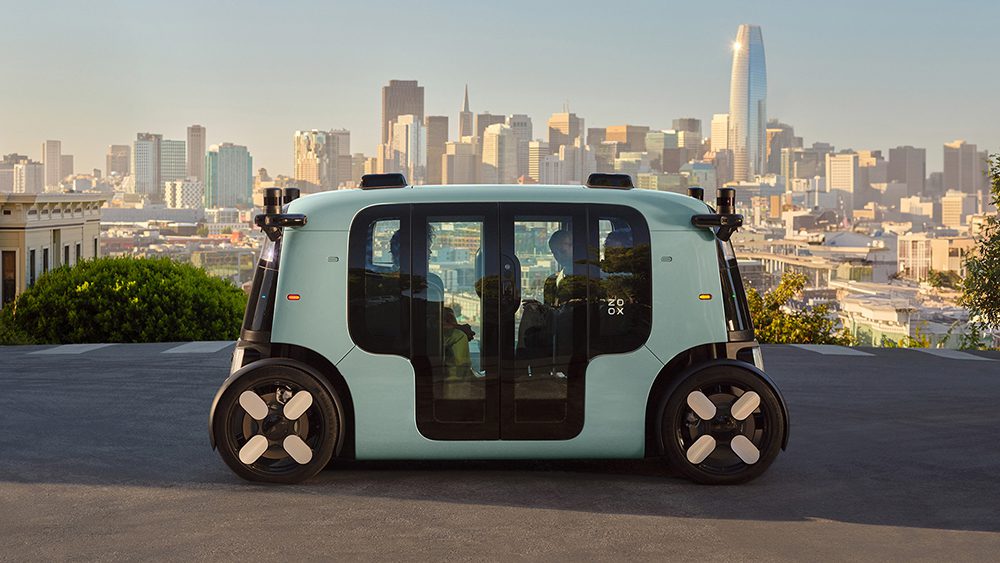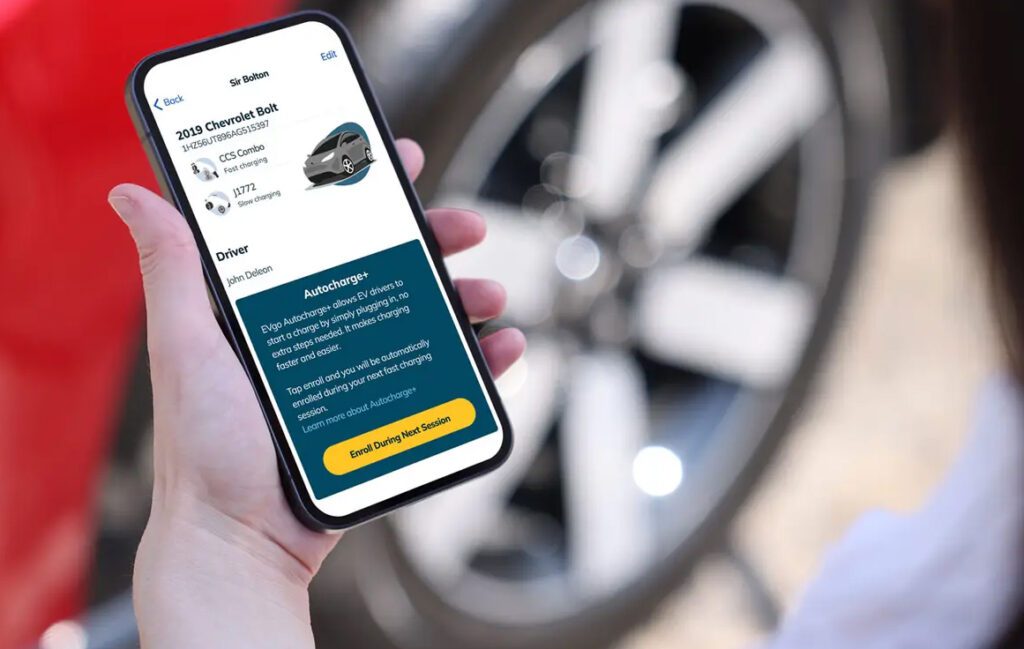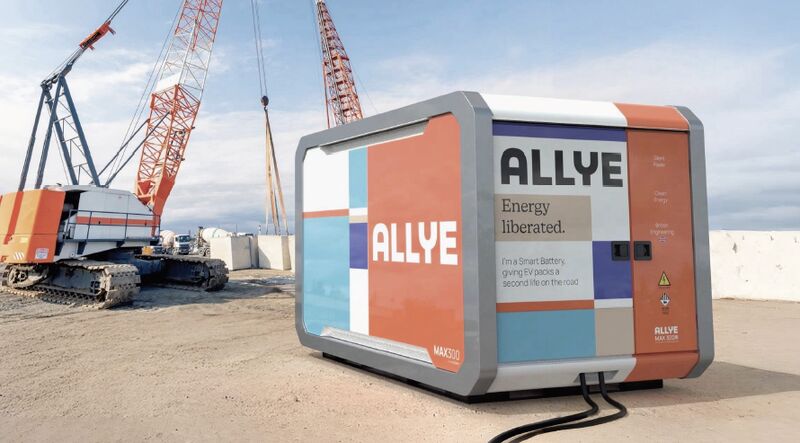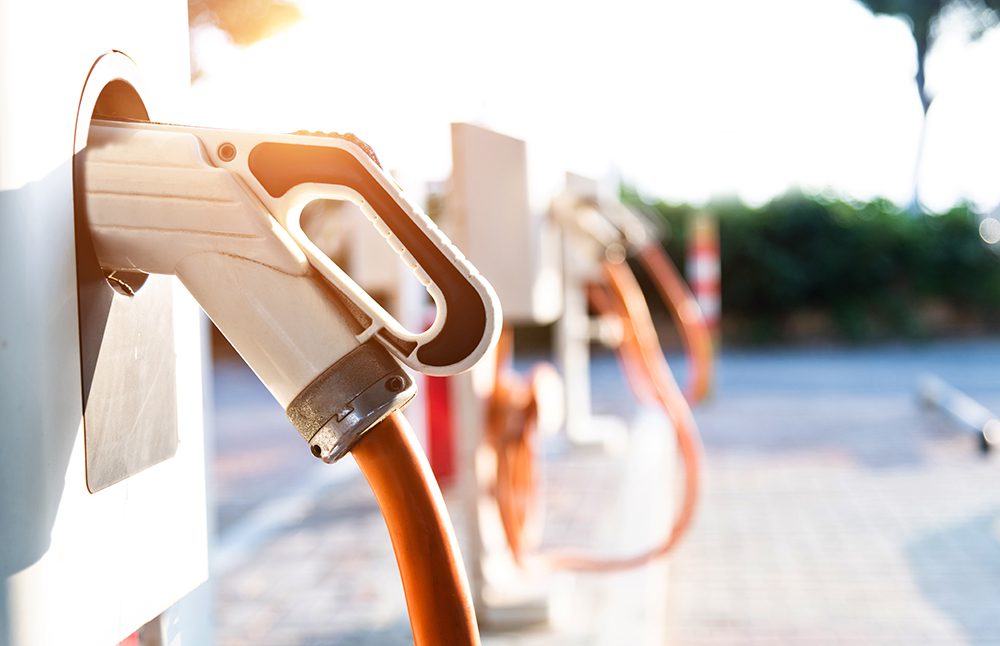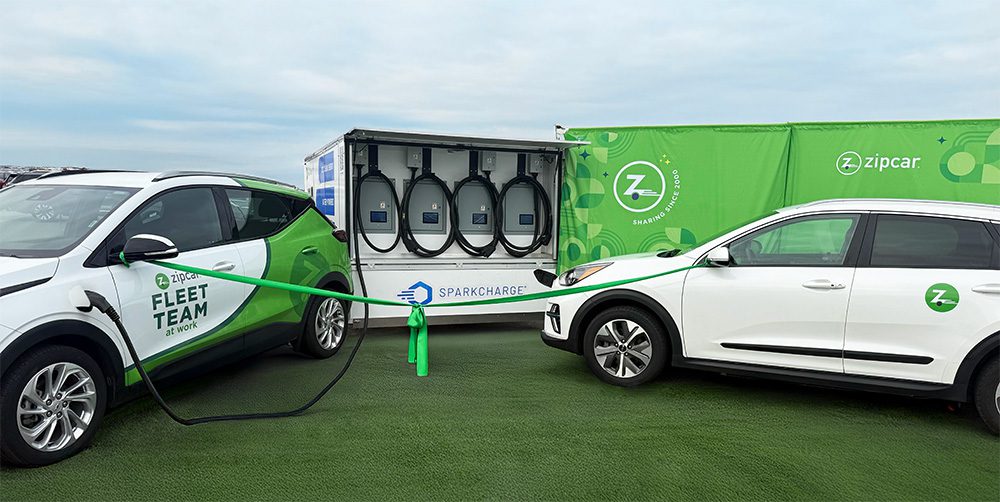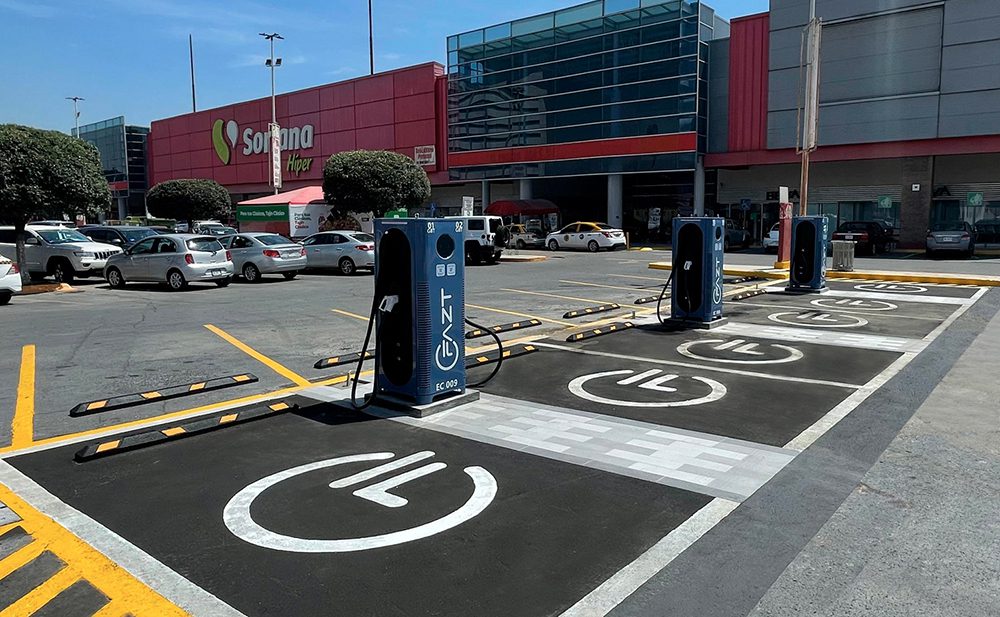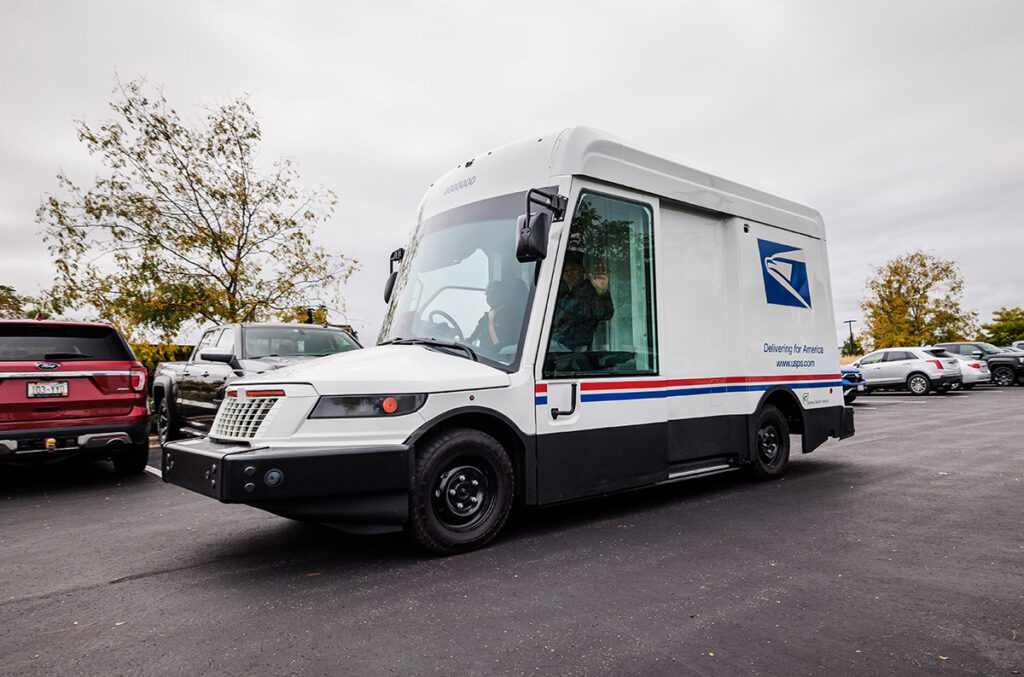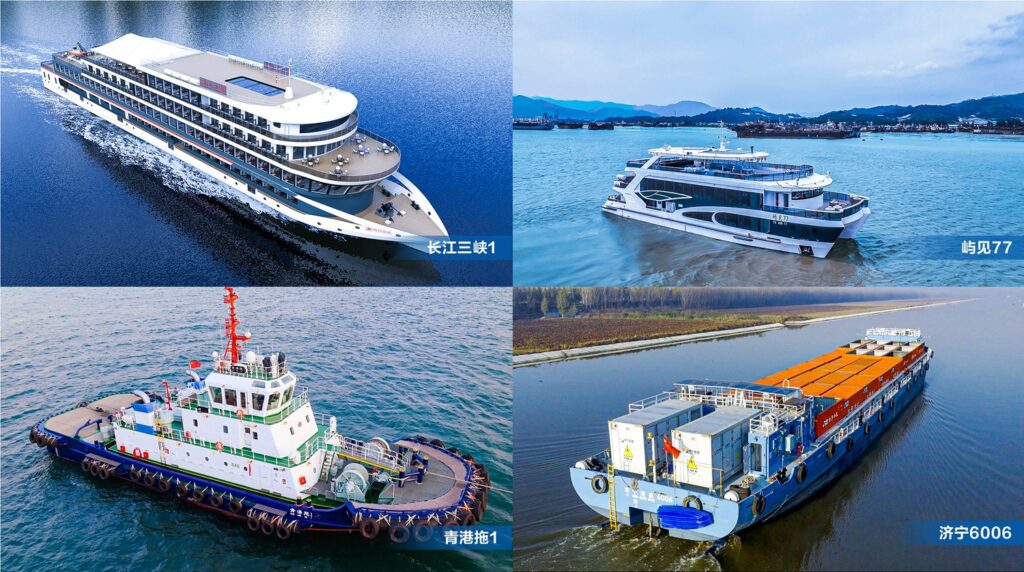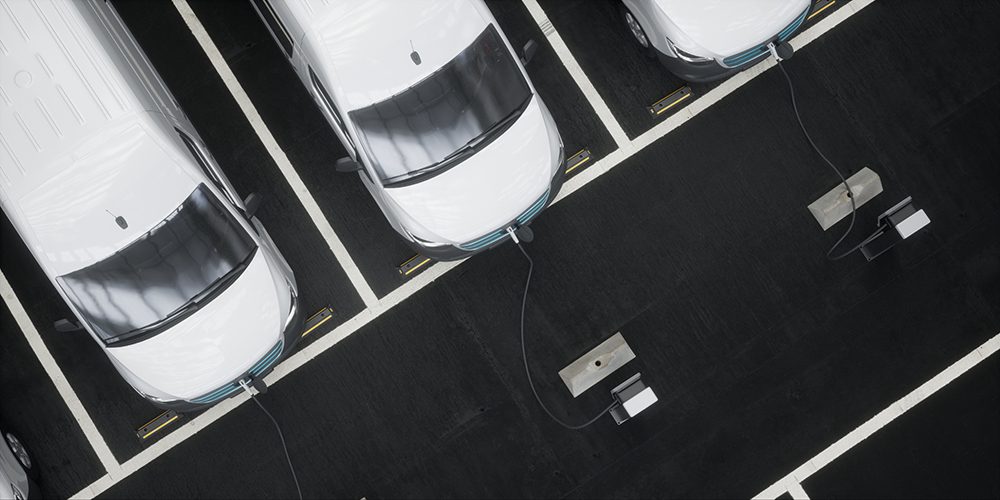IBM Research has unveiled new battery materials extracted from seawater that it says could help eliminate the need for dangerous heavy metals in battery production.
Use of the three new proprietary materials create a battery chemistry that does not use heavy metals or other substances that suffer from concerns about sourcing.
Beyond the environmental and humanitarian benefits, researchers say the new materials can be optimized to surpass the capabilities of lithium-ion batteries, specifically offering:
- Lower cost: The active cathode materials tend to cost less because they are free of cobalt, nickel, and other heavy metals.
- Faster charging: Less than five minutes required to reach an 80% SOC, without compromising specific discharge capacity.
- High power density: More than 10,000 W/L, which exceeds the power level that lithium-ion battery technology can achieve.
- High energy density: More than 800 Wh/L, comparable to lithium-ion batteries.
- Excellent energy efficiency: More than 90% efficient, calculated from the ratio of the energy to discharge the battery over the energy to charge the battery.
- Low flammability of electrolytes.
The materials also demonstrated an ability to suppress lithium metal dendrites during charging, which are a significant challenge to the greater adoption of lithium metal batteries.
Plans for battery development are still in the exploratory phase. To move from early-stage exploratory research into commercial development, IBM Research has partnered with Mercedes-Benz Research and Development North America, electrolyte supplier Central Glass, and battery manufacturer Sidus.
Source: IBM Research via Green Car Congress






